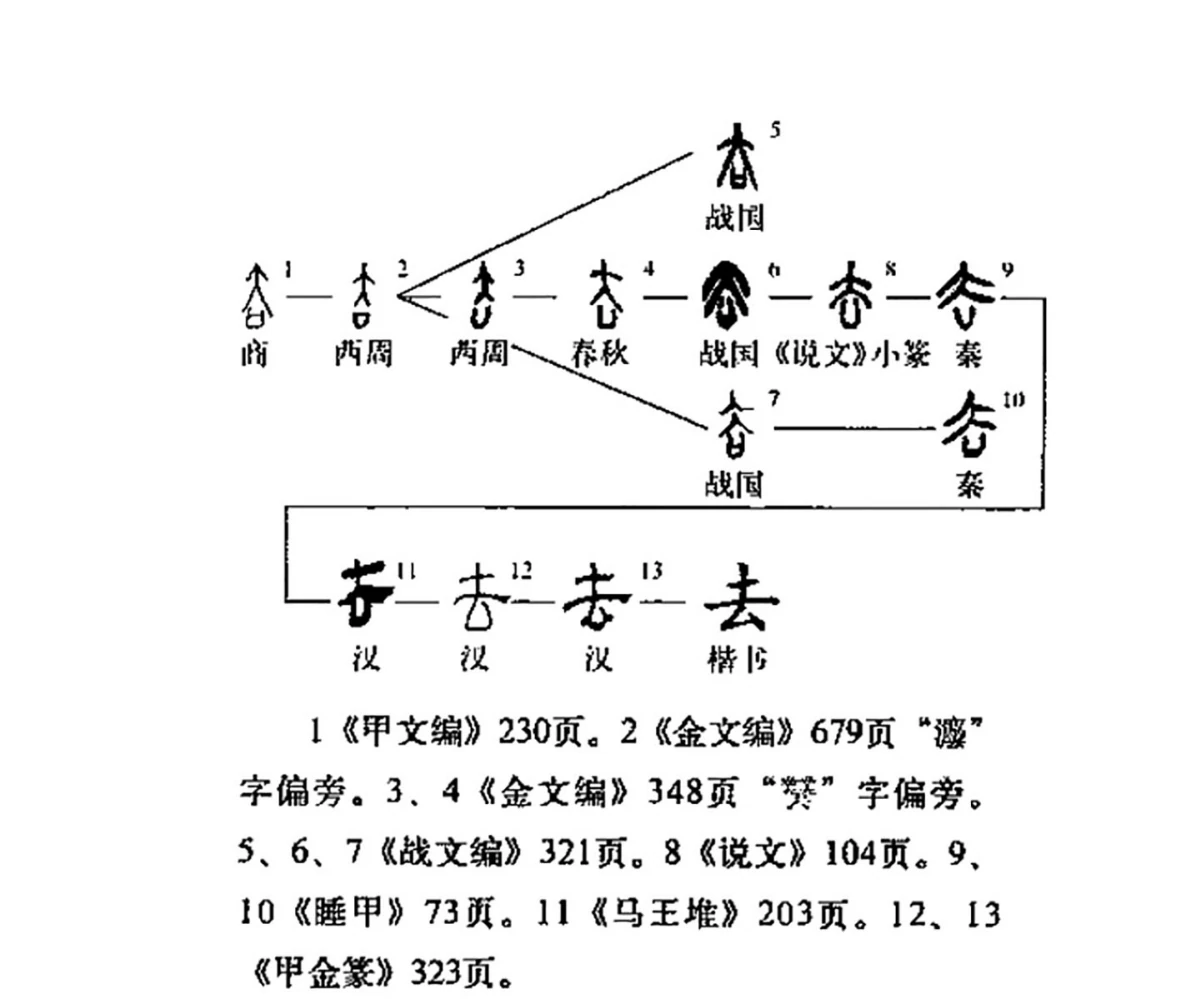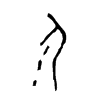I believe its original meaning is not "go to the toilet".
Oracle bone script (甲骨文) is the earliest known form of Chinese writing, and many characters we use now are originated from it. Therefore 甲骨文 can be used to determine a character's original meaning.
The picture below is the 甲骨文 for 去:

As you can see, the upper part of 去 is 大, and the bottom part is 口:


大 is the pictogram of a person spreading arms. 口 can be understand as "something's mouth" (example: 瓶口). The original meaning of 去 is most likely just "go away" since the 甲骨文 shows a person leaving the cave entrance (洞口).
A picture showing the evolution of the character:

EDIT
甲骨文 for 屎 (feces):
 甲骨文 for 尿 (urine):
甲骨文 for 尿 (urine):

These two pictures may also explain why 去 is not "go to the toilet", because there are already characters to express the same meaning.





